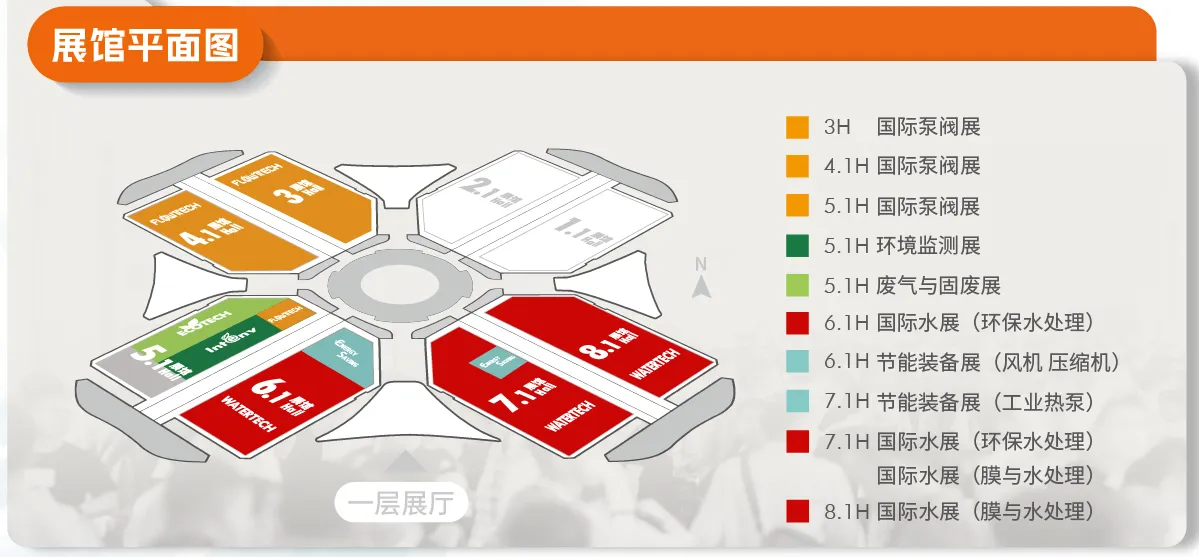Mobile:+86-311-808-126-83
Email:info@ydcastings.com
Exploring the Role of Oil Pump Impellers in Enhancing Engine Performance and Efficiency
Understanding Oil Pump Impellers A Key Component in Fluid Dynamics
Oil pump impellers play a crucial role in the functionality of various fluid systems, especially in hydraulic machinery and lubrication systems. These components are pivotal in transferring oil from one location to another, ensuring that systems run smoothly and efficiently. With various designs and types available, understanding the function and significance of oil pump impellers can greatly enhance our comprehension of mechanical systems.
What is an Oil Pump Impeller?
An oil pump impeller is a rotating component within a centrifugal pump designed to move oil through the pump and into the system. The impeller consists of blades or vanes that push the fluid, creating a pressure differential that facilitates the movement of oil. The design and configuration of the impeller can vary depending on the application and the type of system in which it is used.
Types of Oil Pump Impellers
Oil pump impellers can be categorized based on their design characteristics
1. Open Impellers These impellers consist of blades without a shroud. They are generally used in applications where the fluid contains large particles or solid materials, as the open design allows for easier passage of debris.
2. Closed Impellers Comprised of blades that are enclosed by a shroud on both sides, closed impellers are more efficient at moving fluids with minimal turbulence. They are commonly used in higher-pressure applications and provide better performance for clean fluids.
oil pump impeller

3. Semi-Open Impellers A hybrid design that combines characteristics of open and closed impellers, semi-open impellers are flexible in their application, often used in systems where varying fluid viscosities are present.
The Importance of Impellers in Oil Pumps
The efficiency of an oil pump is significantly influenced by the design and operation of its impeller. A well-designed impeller ensures optimal fluid flow, reducing energy consumption and maintaining consistent pressure. In industrial settings, a malfunctioning impeller can lead to decreased performance, which might result in equipment failure, increased maintenance costs, and potential downtime.
Moreover, the material composition of the impeller is essential. Impellers made from materials resistant to corrosion and wear are crucial in extending the lifespan of oil pumps, particularly in environments with harsh conditions. The selection of material is often influenced by the characteristics of the oil being pumped, including its viscosity and temperature.
Challenges in Impeller Design
Designing an effective oil pump impeller involves addressing a host of challenges. Engineers must consider factors such as flow rate, pressure drop, and efficiency while also ensuring that the impeller can withstand operational stresses without failure. Computational fluid dynamics (CFD) simulations play a key role in modern design processes, allowing engineers to predict how changes to an impeller's design will affect performance in real-world conditions.
Conclusion
Oil pump impellers are integral to the successful operation of numerous fluid systems, and their design and function are pivotal to ensuring efficiency and reliability. By understanding the different types of impellers and their roles, engineers can make informed decisions that enhance the performance of oil pumps in various applications. As technology continues to evolve, innovative materials and designs are expected to further improve the efficiency and longevity of impellers, paving the way for advancements in fluid dynamics and pumping technology.
-
Understanding Metal Casting TechniquesNewsApr.02,2025
-
Understanding Exhaust Manifolds for Enhanced Engine PerformanceNewsApr.02,2025
-
The World of Metal FabricationNewsApr.02,2025
-
Key Components for Pump and Turbo EfficiencyNewsApr.02,2025
-
Essential Tools for Automotive Maintenance and RepairNewsApr.02,2025
-
Durable Valve Components for Effective Water ManagementNewsApr.02,2025











